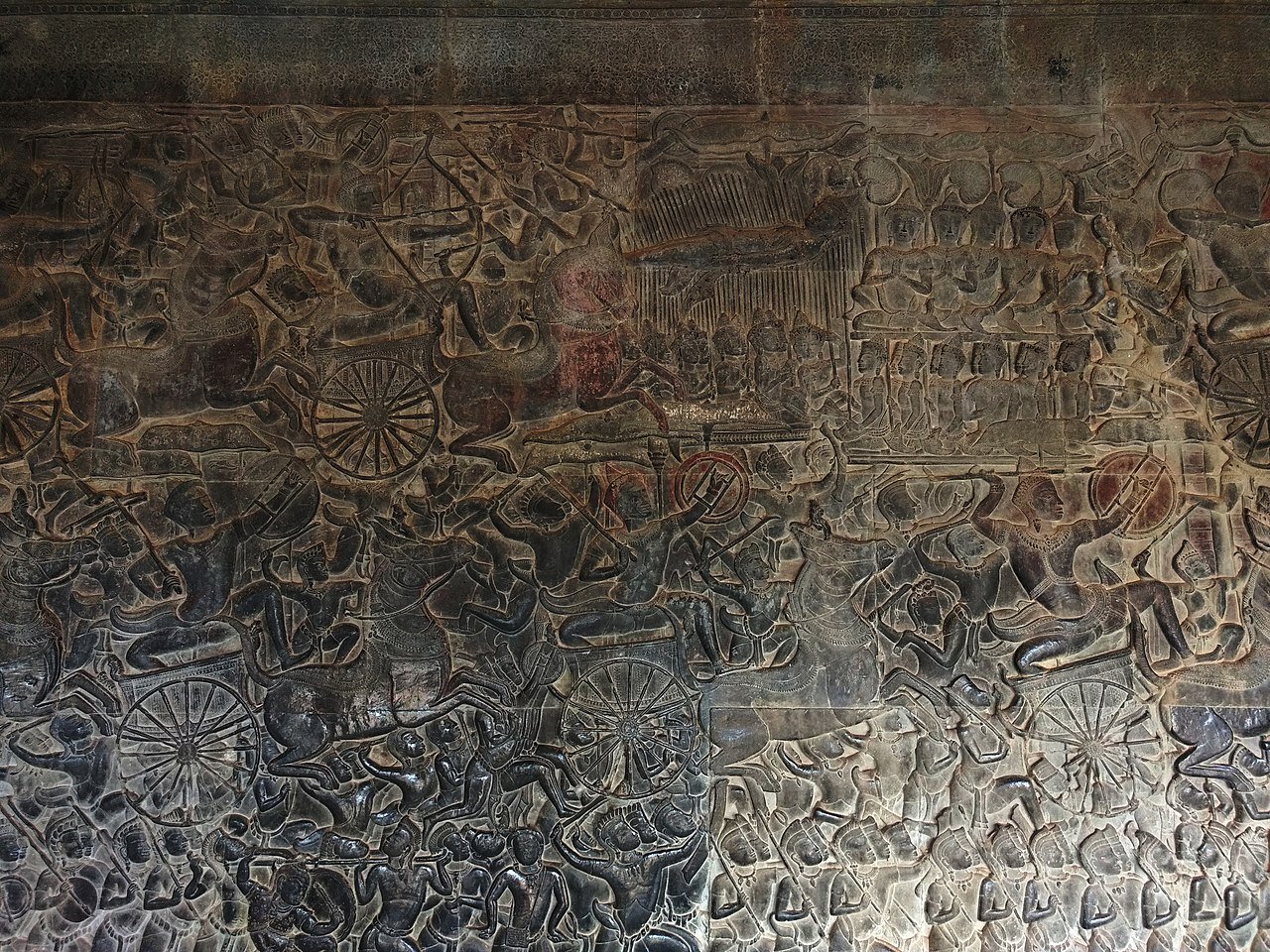
Falling off the mat
Someone asked how, exactly, yoga becomes the path.
Which is exactly and inexpressibly it's own answer.
When we start looking around for a path, we are on it. Perhaps we recognize we are on a path, always, some kind of a one. Towards brambles, through thickets, down deep and swashbuckled or walking around and around and around the same boulder in the middle of a field.
Hey, says some thing inside. I want a path. I want to go somewhere.
Or, perhaps, this hurts. This hurts so very much. I don't want to hurt like this any longer.
I'm okay, someone said to me today, but I'm crawling.
We are on a path, and we look around for landmarks. Exit signs. The breadcrumbs we dropped on the way in. We look and we look.
It is a hard thing to explain. You feel a bit of strength, a bit of release or joy or exhaustion on the mat. From there, questions bloom like ink in water. If you feel your strength, you will begin to wonder about - perhaps even believe in - your own potential. If you feel release, you will know that you were sore and tired and fed up and wounded. You will also know as fact that release is possible. The consequences are endless: now, what? says the seeker. If this is true, what is next?
That power is what I have seen come alive in people, over and over again. But it is also where our yoga can fail, can become a place to hide, can be a bitter disappointment. I have heard too many students speak of feeling 'blissed out' after a class, but somewhere between leaving the studio and walking back into the kitchen, the feeling is lost. We mistake the asana for the whole thing. The mat as the truth bearer. The asana, the mat, the teacher are techniques of yoga - not yoga.
Grief is more painful than is ignorance. We long for the bliss, and want to change ourselves.
I believe that this is the yogic teaching, and always has been. I believe it gives some fairly clear, if not easy, directives. It remains to be seen whether yoga in America can truly teach this, can give us teachers versed not just in how to sweat and bend but how to heal and struggle and grow, how to be brave. Bravery is not, unfortunately, something that can be bottled and sold.
I realized I was mashing recovery from addiction talk with yoga talk, as I answered her. This felt messy, at first, as though I were falling off the mat. But then it felt okay; both are spiritual quests. Both say, at their gut, that life becomes better and we become more we when we live according to spiritual laws, however secular and modern our lives might seem. Even if our problem is work related, or a broken family, or a body broken and soul tied by combat and relationships and the things sex and aging and parenting and stress put our bodies through. Our problem is time, and money, and sore knees.
Our answer is in practice.
Not of poses, exclusively, but of beauty. Integrity. Honesty. Self growth. In knowing we ourselves become better and feel better when we do the right things, even when we don't want to.
Our path, if we're ever going to find it, will not come at the end of a course or in a pretty envelope or a gift given by someone else. It will not happen in five years or at the end of a life. The path begins today, under your feet. This can be disappointing, because it means 'spiritual' and 'healing' and 'better' must involve the daily stuff of our lives. Some days, I feel I'm holding a broken toaster in my hands, and it symbolizes the whole of my life, and everyone else gets a Lamborghini. What, I want to say, this? How is this a tool to anywhere? What am I supposed to do, now?
We feel lost, sometimes, as though we have fallen off the mat, crumpled into the floorboards, lost our bearings and our ground.
But feeling lost is a first sign of being somewhere.
Yoga is simple. But it is also terribly hard. And it doesn't, because it's yoga, offer a set of to do lists or progress reports; it will not and does not because it recognizes it can't. What was right for Iyengar was not right for Jois. What was right for Gandhi will probably not be very right for you. What is right for you is yoga, but it is a yoga of your life, your body, your ethics, your diet, your energy, your integrity and sense of beauty.
Now what? says yoga, and waits for you yourself to answer.
Of course, there are some guides. I can make suggestions. I can talk about the ethics and the personal observances, what little Ayurveda I know. I can help talk out sleeping and eating and choices and physical practices. And I will, whenever I can. But even there, as a teacher, the most I can do is say 'now what?' to students, over and over again.
As though I were handing the cosmos back into their hands. They hand it back to me, and I hand it back to them. I'll hand it back over and over again. I ask them what they want to do with it.
Falling, being lost, is a very strong and good and dizzying place to be. It is where magic happens. Is this true? comes from a few moments of reflection, of experienced stretch, of quietly breathing even though you think you might fall apart. Is this strength true? This power? This calm? Is this promise real?
Yes, I say. It is. And hand it back.

